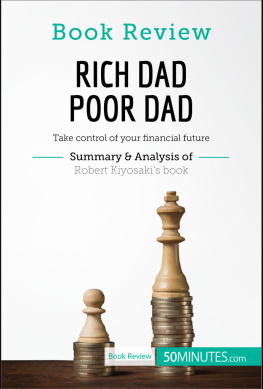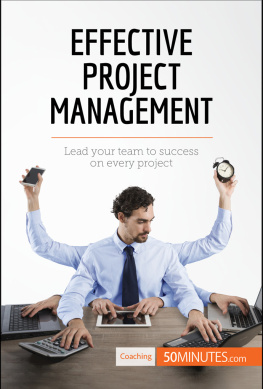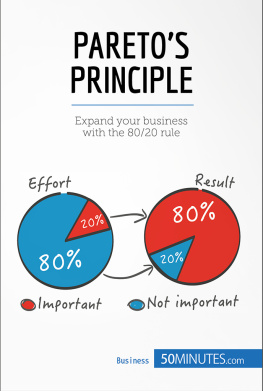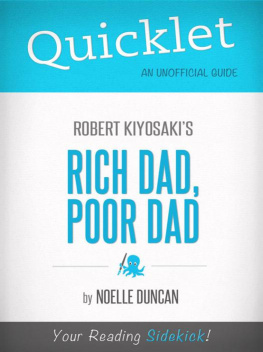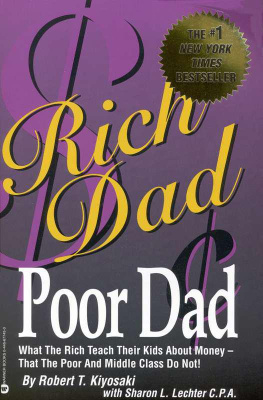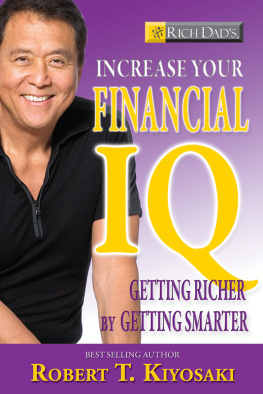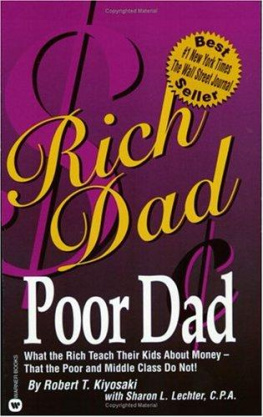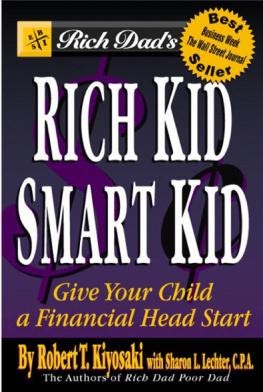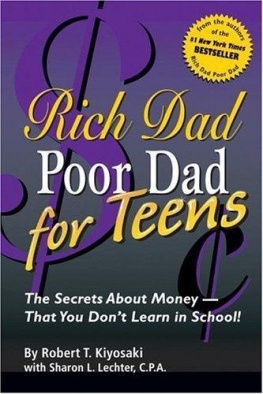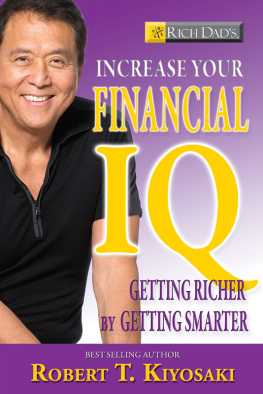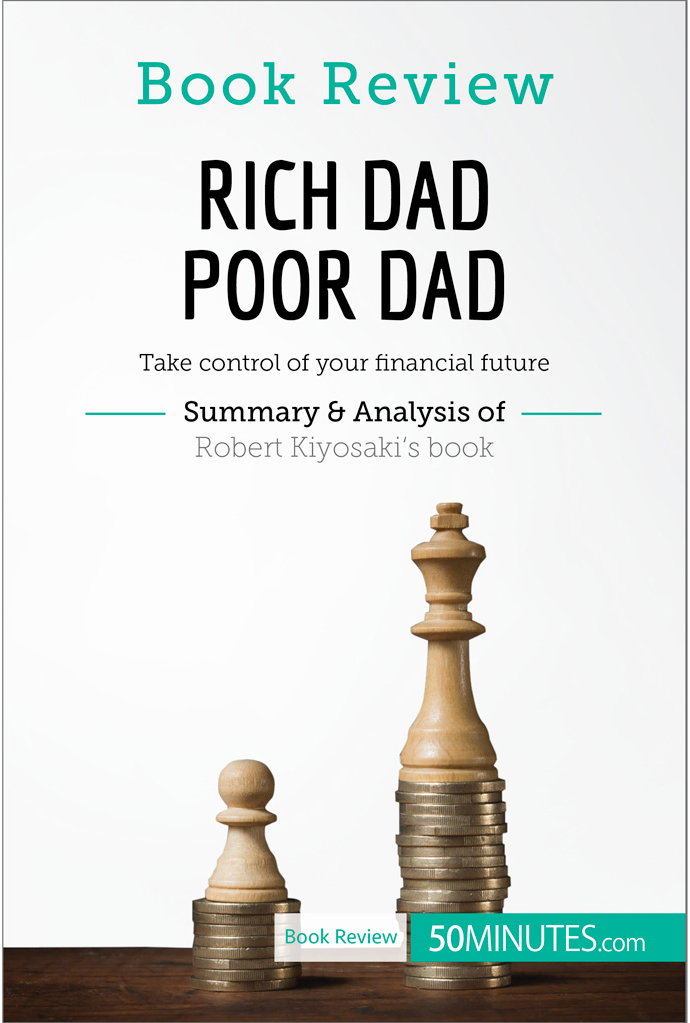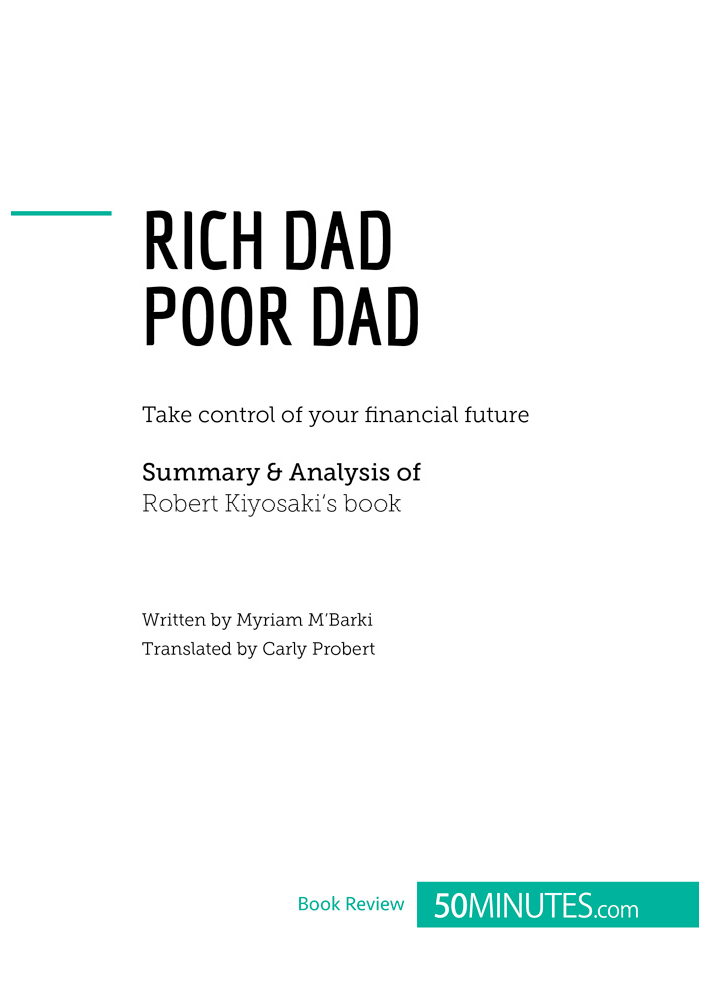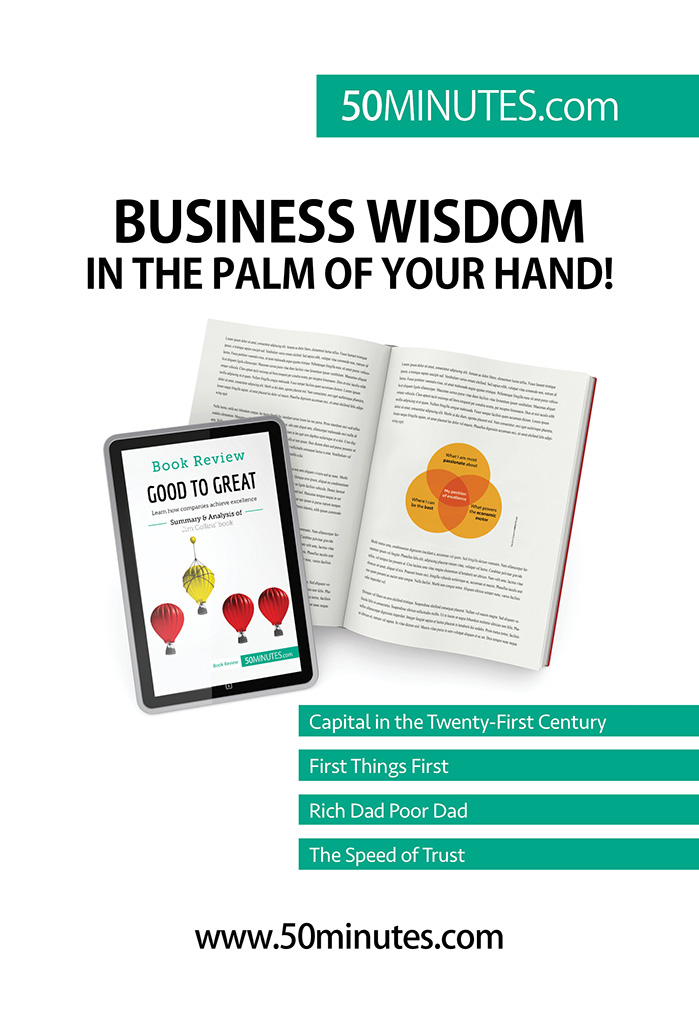Getting rich a skill that cannot be taught
A true global phenomenon, the book Rich Dad Poor Dad disrupted the norms of economics and prompted revolutionary thought with regards to escaping the financial trap that imprisons us throughout our lives, identified as a rat race by author Robert T. Kiyosaki. A bestseller achieving both critical and popular success, the book has sold over 15 million copies, is studied in business schools and has undergone extensive technical analysis since its release in bookstores. The major interest in this book is based on the spectacular success of its author, who has built a financial empire in the space of ten years which is profitable enough to grow by itself over generations.
According to Kiyosaki, accessing wealth rests on a few basic principles, which are often overlooked, that are within everybodys reach and easily accessible for those who want to emancipate themselves financially. Indeed, parents from middle or working class families tend to instil values linked to academic success in their children, but no attention is paid to matters relating to financial management, neither within the family nor at school. Therefore, the knowledge of rich people with regards to investment basics is never shared, resulting in a growing gap between the social classes.
Young people spend years studying obsolete materials that will not be of any use to them when facing the world of today. People work hard, tirelessly, to finally end up with goods that are worth much less at the end of their lives. The children of today need subtler, more refined teaching and should be trained to take risks. The idea is to move away from what is commonly accepted in society and learn to put the money to your service, not to work in the service of money.
Throughout the book, we gain a glimpse into the authors willingness to share the keys to success by providing expert advice and explaining, through various theories, that determination, creativity, boldness and level of financial intelligence can lead to wealth and limit the risks associated with investment.
Key information
- Reference: Kiyosaki, R. T. (2011) Rich Dad Poor Dad: What the Rich Teach Their Kids about Money - That the Poor and Middle Class Do Not! Scottsdale, AZ: Plata Publishing.
- First edition: 1997 (self-published)
- Authors:
- Robert T. Kiyosaki, businessman, investor, speaker and author, born in 1947 in Hawaii (United States).
- Sharon L. Lechter, businesswoman, venture capitalist, speak and author, born in 1954.
- Context: Personal development, personal money management
- Keywords:
- Rat race: A concept conceived by Kiyosaki, which determines the social conditioning we experience from a very young age. Society imposes lifestyles and ways of thinking modelled on people not encouraging individuality. The rat race somehow prevents people from thinking about money differently and does not emphasize the concept of investment.
- Cash flow: This term designates the flow of money generated by the activities of a company. In this book, the term refers to the cash flow a person has and that is available for investment.
Context
The author
Childhood
Robert Kiyosaki, the author and main protagonist of the book, was born in Hilo in the state of Hawaii (USA) in 1947 to Japanese-American parents. He spent his childhood in a quiet and peaceful area. From a young age, he came into contact with classmates who belonged to a social class that was far superior to his own, and he became tormented by the idea of becoming rich. In fact, his neighbourhood was primarily made up of notable people (doctors, lawyers, bankers, etc.) or families who made their fortune from sugar cane. He and his best friend Mike, the son of his future intellectual father, were somewhat sidelined from these students at parties organised by the wealthy parents of their classmates. This did not prevent them from pursuing fantastic futures: Mike took over his fathers fruitful business affairs and Robert became a multimillionaire.
His first steps in business
After a traditional secondary education in a public school, Kiyosaki joined the United States military school for merchant marines and became a helicopter combat pilot. He then fought in the Vietnam War in 1972 and received a medal of honour for his loyal service. Three years later, he decided to leave the army and took a sales position at the Xerox Corporation (a company that develops and sells copiers and printers, founded in 1938 in Connecticut), where he excelled, regularly placing among the top three best employees.
The time then came for him to start his own business in the sale and distribution of textile products, including t-shirts and wallets. Despite great motivation, the company never took off and he was forced to leave Hawaii with his wife to seek new opportunities on the continent. During this difficult time, he says that they even spent a whole year sleeping in their car due to lack of resources. However, Kiyosaki did not give up on his business activities and looked towards real estate investment. This time his instinct served him well and he acquired a considerable fortune by unearthing some hidden gems.
He did not stop there and continued to invest in various sectors: mining (gold, copper, silver, oil), insurance, solar energy, construction, financial market, etc. He even created a company called Cashflow Technologies in 1997, which publishes books and markets his brands Rich Dad and Cashflow. Besides the financial aspect, his purpose was to promote financial education by offering the public a series of simple teaching tools: educational games, books, TV shows, websites, etc. With his commercial success, he created several clubs for the Cashflow game worldwide.
Good to know
The Cashflow game is a board game created by Robert Kiyosaki, and is played in a similar way to Monopoly. It aims to give players the fundamental keys to accounting and economic matters to reach financial freedom. It is available as both physical and digital versions.
The game consists of two lanes, one inner and the other outer. The aim is to get out of the inner lane the rat race and reach the outer lane the path to rapid progress that mimics the behaviour of good investors in real life. The player wins when they become financially independent.
The educational value of the game lies in the players development of financial intelligence: finding, by all means necessary, the financial resources needed for their projects by adopting good investor reflexes. The idea is to make them aware that they have practiced bad behaviour throughout their lives and they often miss good investment opportunities.
Of course, his financial investments were not all great successes, but as the author points out several times in his book, the important thing is to bounce back at the right time, while being able to learn from mistakes.
Two fathers
The highlight of his life was certainly his meeting with Mikes father, the rich father, a meeting that would determine the course of his life and lead him to develop ultra-capitalist thinking. Indeed, following Kiyosakis request, Mikes father would go on to thoroughly teach him about financial matters.

